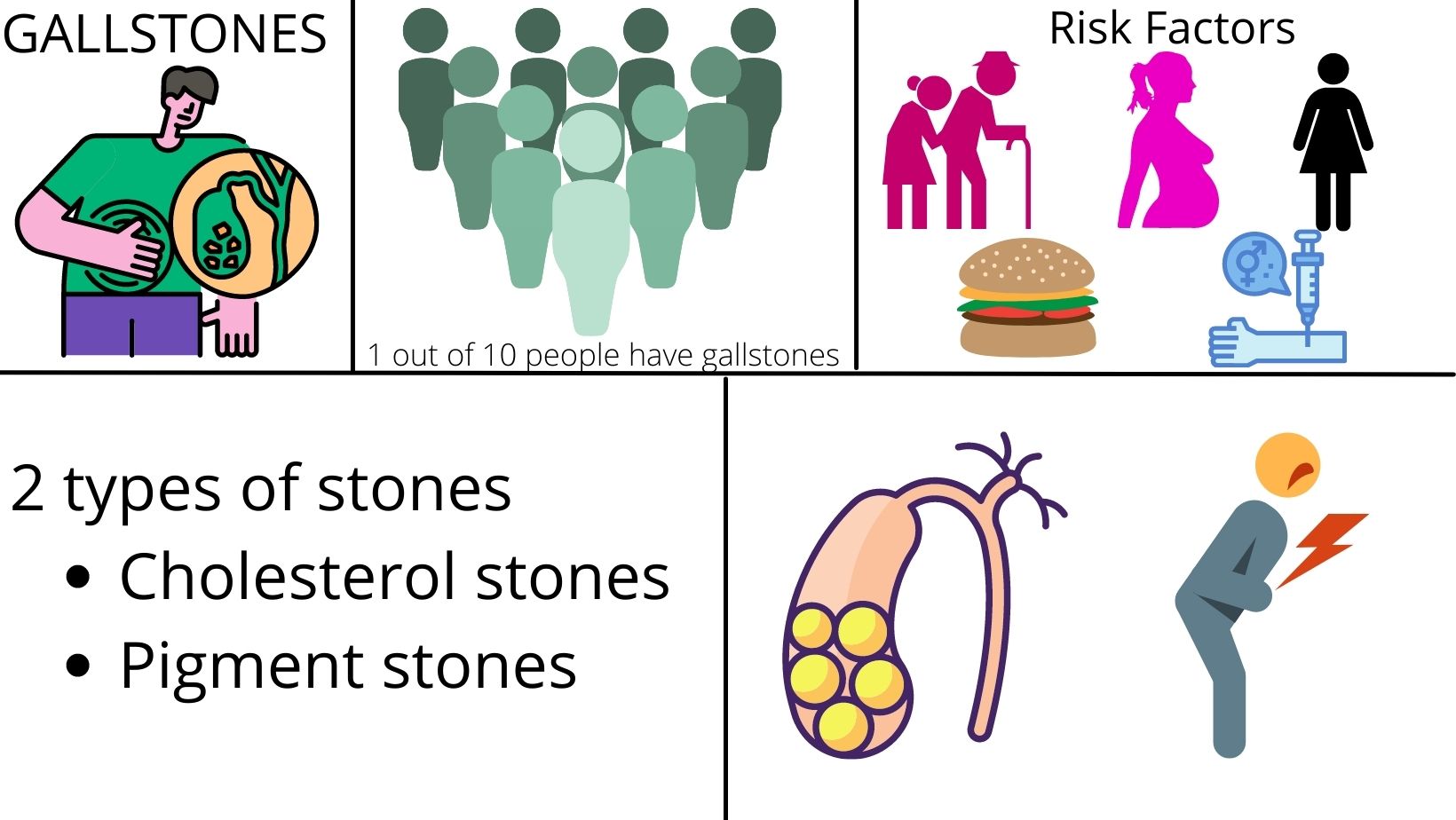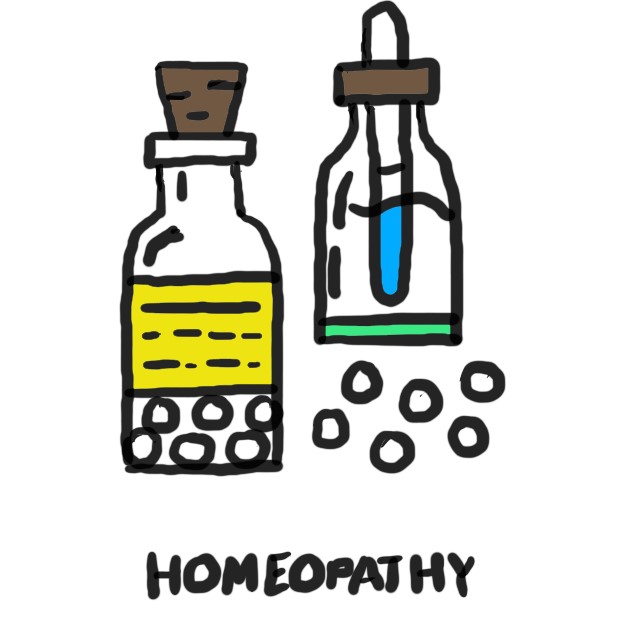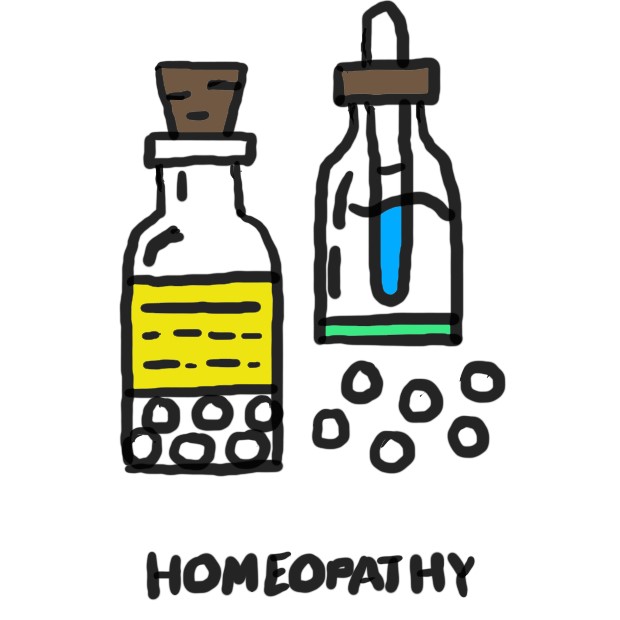THE DEFINITIVE GUIDE FOR THE TREATMENT OF GALLSTONES
 WHAT ARE GALLSTONES?
WHAT ARE GALLSTONES?
Gallstones are solid particles that are formed in the gallbladder which is a small sac-like organ located below the liver on the right side of the abdomen and stores bile until needed.
Gallstones within the gallbladder usually don’t cause any symptoms unless they are larg ones or much in number and the person takes a heavy fatty meal. Another cause of pain could be obstruction if they block bile secretion from the gallbladder or they get stuck into the bile duct.
The size of the stone may vary from very small like grain to as big as a golf ball and may be single or multiple in number.
WHAT ARE THE TYPES OF GALLSTONES?
There are two types of gallstones:
Cholesterol stones: are formed when there is excess cholesterol in the bile.
Pigment stones: are formed when there is excess bilirubin in the bile.
WHAT ARE THE RISK FACTORS FOR DEVELOPING GALLSTONES?
- Fair, fat, forty, females: women who are obese and in middle age are more prone to the development of gallstones.
- Sedentary lifestyle: being less active in daily life can predispose to the development of gallstones.
- Pregnancy: during pregnancy as well due to excess hormones, females become prone to the development of gallstones.
- High-fat diet: high fiber diet is also a risk factor for the development of gallstones.
- Low-fiber diet
- High-cholesterol diet: is also a risk factor.
- Oral contraceptive pills: may also predispose to the development of stones.
- Crash dieting.
- Family history of gallstones.
- Liver diseases like cirrhosis.
- Having diabetes mellitus.
 WHAT ARE THE COMPLICATIONS OF GALLSTONES?
WHAT ARE THE COMPLICATIONS OF GALLSTONES?
The major complication of an obstructed gallstone is inflammation of the gallbladder which is also known as cholecystitis and causes fever and pain.
Blockage of the common bile duct may cause infection and jaundice.
Sometimes due to the association of the pancreatic duct with the common bile duct, the stone may get lodged in the pancreatic duct and would cause obstruction. This would cause inflammation that is pancreatitis leading to intense pain.
Gallstones also increase the chances of gallbladder cancer as well in the future.
WHAT ARE THE SYMPTOMS OF GALLSTONES?
Gallstones don’t produce symptoms usually unless there is an obstruction caused by them. Symptoms caused by it are:
- Pain in the right upper abdomen can occur after a fatty meal.
- Pain is also felt in the epigastric region and can radiate to the right shoulder as well.
- nausea/ vomiting.
- Bloating, indigestion, burping, and clay stools.
- Jaundice.
Sometimes it could be an emergency situation where the pain is severe enough for the patient to tolerate.
 WHAT ARE THE CAUSES OF GALLSTONES?
WHAT ARE THE CAUSES OF GALLSTONES?
Gallstones are formed when bile forms solid particles in the gallbladder. Although the exact cause is not known gallstone is formed when:
- Bile contains excess cholesterol
- Bile contains excess bilirubin
- Gallbladder emptying is not complete and allows contents to concentrate.
DIAGNOSIS OF GALLSTONES
Imaging of the abdomen is enough for diagnosis by ultrasound or CT scan to visualize the stones.
WHAT ARE THE TREATMENT OPTIONS AVAILABLE
- Many people stay asymptomatic and get to know about the stones accidentally only. Thus many patients don’t require any treatment as such.
- Rest firstly symptomatic treatment is given to relieve pain and associated symptoms. Then surgery could be performed and the gallbladder can be removed.
- Oral medication can also be given to dissolve the stones.
- The treatment plan entirely depends on the condition of the patient.
MANAGEMENT OF GALLSTONES
- Pain management is important if the patient is experiencing it.
- The patient is advised not to skip meals as it would increase the chances of production of stone.
- Crash dieting should never be done and weight should be reduced slowly.
- A healthy diet should be followed.
- Maintain a healthy weight as per your age and height, not much or less.
- Advice on adding fibers to the diet should be given and food should contain less oil.
- Regular physical exercise is necessary.
- Fatty/ greasy meals should be avoided.
- Those having gallstones should not take oral contraceptives.
 HOMEOPATHIC MANAGEMENT OF GALLSTONES
HOMEOPATHIC MANAGEMENT OF GALLSTONES
Homeopathic approaches to manage gallstones include management of pain and associated symptoms and avoiding surgery by dissolving the stones in the gallbladder by oral medicines. There are various medicines for gallstones but always constitutional medicines should be given as they would help in a complete cure. Constitutional medicines can be sought only after case taking.
DO’S AND DON’TS
DO’S
- Eat a fiber-rich diet.
- Do regular physical exercise.
- Lose weight slowly.
- Maintain appropriate weight.
- Eat regular meals.
DON’TS
- Avoid fatty meals
- Avoid skipping meals
- Avoid oral contraceptive pills.
- Don’t do crash dieting.
- Don’t lose weight suddenly.
WATCH THE VIDEO TO UNDERSTAND GALLSTONES


Comments
We have received your comment , Thank You !